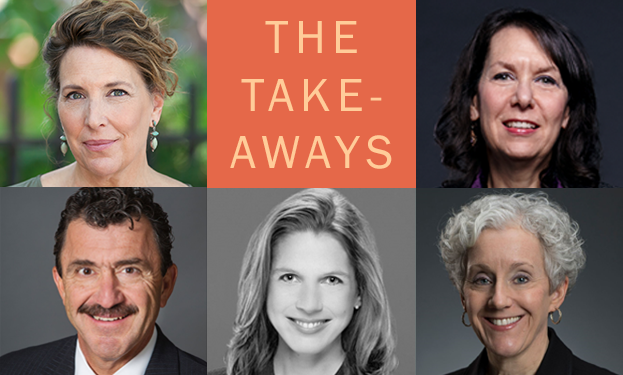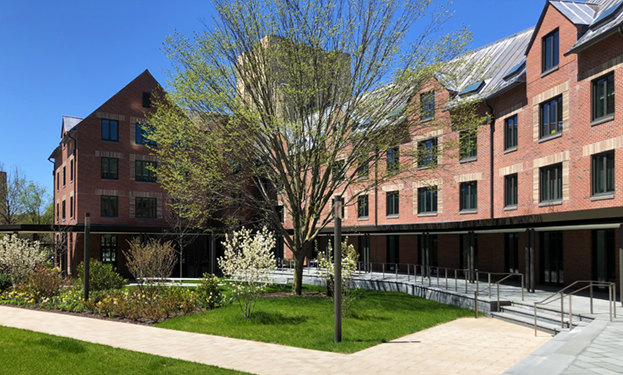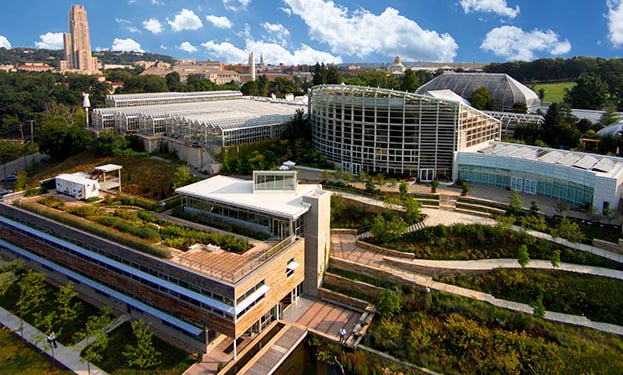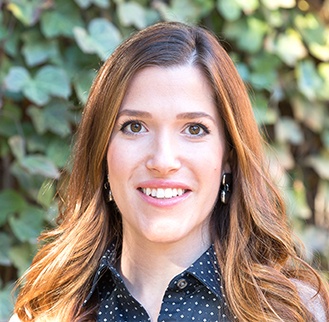When signing up for the interactive webinar, Campuses Learning from Each Other, registrants were given the prompt, “Share an idea for rebuilding community or reimagining higher education.”
In reviewing the responses, Laura Pirie identified themes: Agency, Equity, and Relationships & Trust. These themes are building blocks of engagement – the engagement that is needed to connect, transform, and empower – in this case, students – but these theories and practices reach beyond university environments.
ENGAGE
To engage the students who are returning to our campuses they require agency. I did some digging about the theory of agency because the word piqued my interest. I ended up down a rabbit hole of fascinating philosophical theory – so if that’s your thing, check out this article. Agency generally refers to having a sense of control that enables you to make decisions and take action. As uncomfortable as we feel preparing to return to in-person learning, students will feel this even more. Many of the tactics outlined in Part I of this post outline ways to help students feel in control. At this time in particular, agency will help all people who occupy campuses feel safe and able to take action.
Laura asks about equity, “Who is and who is not being engaged in our current modes? Who’s missing? And who in this moment of potential can we bring into the conversation? Now is the time to ask ourselves these questions. Now is the time to question our assumptions and examine why and how we do things. Rena Cheskis-Gold of Demographic Perspectives, our co-host and moderator asked, “Who comes to campus for work or study, and who stays home? How do we ensure that this situation doesn’t exacerbate issues of inequity, and instead provides an opportunity to positively reshape the campus community?”
In a well-functioning community, there needs to be trust and strong relationships. How can we build space (physical, virtual, conceptual, in our communication with each other, etc.) to support the development of these critical components that are needed to create strong individuals and communities?
CONNECT
In navigating the difficult emotions that have come along with the pandemic and the killing of George Floyd, I have tried to shift my attention to an awareness of the connection we share as human beings and inhabitants of this planet. Pam asks, “Can we use this situation to help students better understand some key components of community engagement – things like, what is your individual CONTRIBUTION to the community? What is your individual RESPONSIBILITY to the community? That there IS a connectedness.”
Connection is the distinguishing opportunity of the communities that form on campuses – how can we use this moment in expand and deepen connection?
TRANSFORM
So many of our students – so many of us – have been moved out of our day-to-day awareness by recent events. In this disruption, as we try to wrap our minds around what’s going on, there is the opportunity to see ourselves as connected to a greater system. Recent theories postulate that an experience of vastness, like seeing ourselves as connected to a greater system, is one of the two key components needed to experience awe. The second component is accommodation, meaning acceptance and internalizing of the experience. Awful or awesome, experiences of awe offer the potential for personal transformation. More than change, transformation requires a shift in point of view. THIS is what it will take for us to work toward positive change, like an end to racial and social injustice.
EMPOWER
We can help our students feel empowered to work toward making the world a better place. By engaging them and by using this time of potential for experiences of connection and transformation, we have an opportunity to help coming generations develop as better stewards and community members. Pam says, “The COVID-19 situation, plus the emerging and important critical emphasis on racial equality in our society: [these issues] can be focused on as it relates to our students in regard to individual contribution and responsibility, the connectedness, and the problem solving that we do as a group.”
The physical, emotional, and logistical challenges we’re facing are difficult – but we also have an opportunity – let’s not miss out!
Photo credit: Tim Marshall on Unsplash, edited by Pirie Associates






